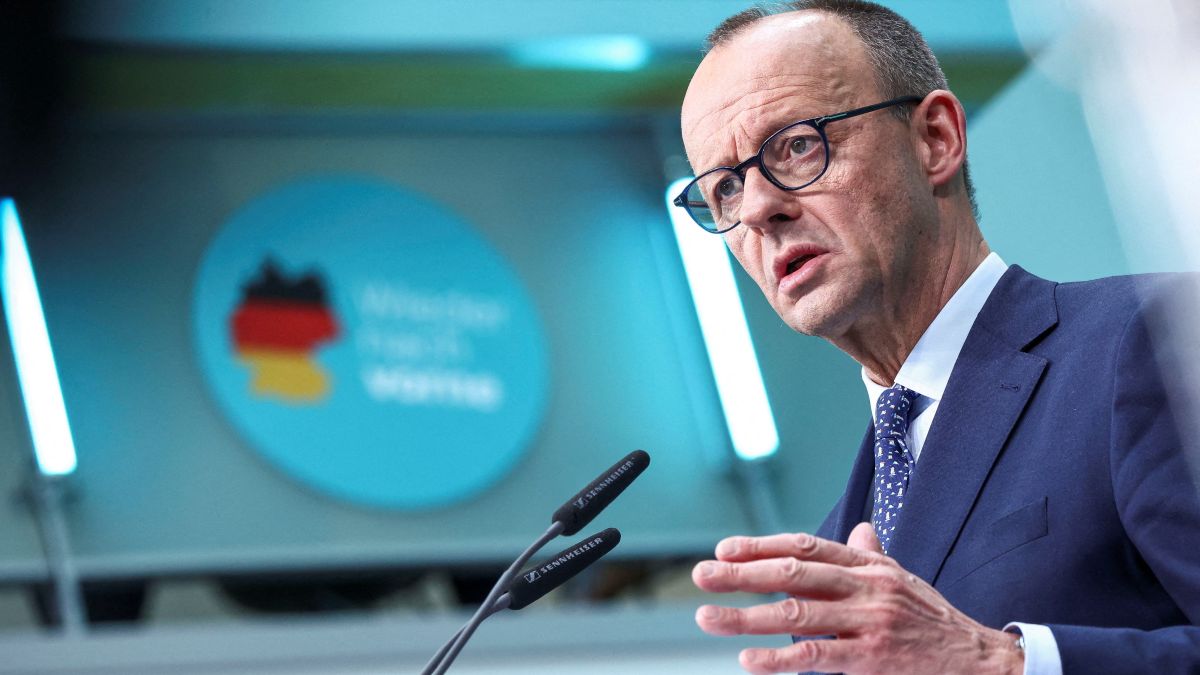European stocks are soaring: Investors have Germany’s Chancellor-in-waiting, Merz, to thank
European equities climbed on Tuesday (March 18) as investors anticipated a significant fiscal boost from Germany’s lawmakers, who are set to vote on a sweeping spending package that could reshape Europe’s economic landscape.
Around noon (GMT), the Frankfurt benchmark index advanced 1.1 per cent to 23,412.68, while Paris’s CAC 40 and London’s FTSE 100 each rose 0.4 per cent to 8,106.84 and 8,712.02, respectively.
Meanwhile, the euro strengthened against the dollar, rising to $1.0936 from $1.0925 the previous day.
At the heart of the market optimism is Germany’s likely next chancellor, Friedrich Merz, and his centre-right Christian Democratic Union (CDU), alongside their expected coalition partners, the centre-left Social Democrats (SPD).
The coalition is moving to exempt defence spending from Germany’s stringent debt limits and establish a €500 billion ($545 billion) infrastructure investment fund over the next 12 years.
“International investors, who have increasingly invested in German stocks over the past few months, are hopeful for a significant boost in fiscal policy,” said Jochen Stanzl, chief market analyst at CMC Markets.
Strategic shift amid geopolitical uncertainty
The spending push comes at a time of growing geopolitical instability, with concerns over the US’s shifting position on European security under President Donald Trump. His outreach to Russia and criticism of military aid to Ukraine have unsettled European leaders, reinforcing the need for greater self-reliance in defence spending.
Impact Shorts
More ShortsMerz framed the move as a decisive moment for Europe’s security. “It is a war against Europe and not just a war against the territorial integrity of Ukraine,” he told parliament ahead of the key vote.
The proposed fiscal package, if approved, will still need to clear the Bundesrat, Germany’s upper house, on Friday. The state-level representatives are also set to be granted greater borrowing flexibility, a crucial aspect of the deal that could shape Germany’s long-term fiscal strategy.
Fiscal loosening breaks with German tradition
If enacted, the measures would mark a significant departure from Germany’s historically conservative fiscal approach. The country’s strict debt brake policy has been a cornerstone of its economic governance for decades, limiting deficit spending even in times of economic strain. But as Europe grapples with increased security demands and aging infrastructure, the new government appears willing to embrace a looser fiscal stance.
With investor sentiment buoyant and markets responding positively, all eyes are now on Berlin’s political machinery.
With inputs from AFP


)

)
)
)
)
)
)
)
)



